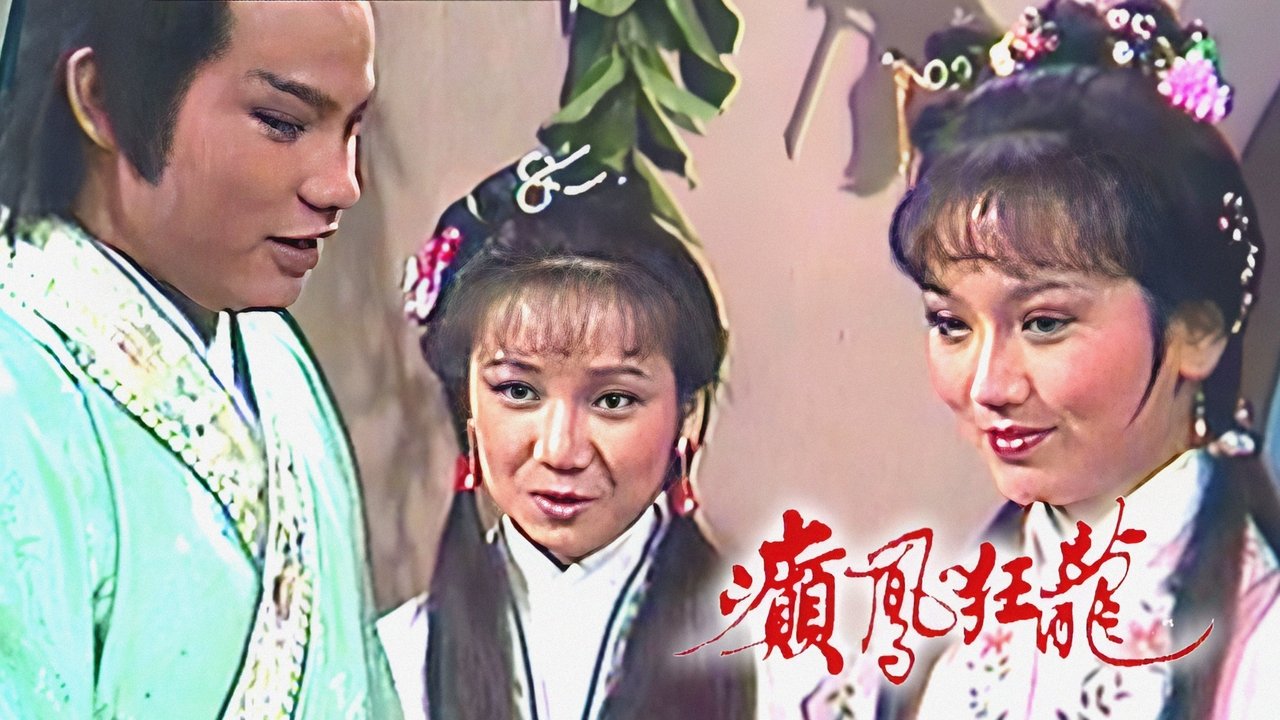
TVB Jade TV Shows
1524 shows • Page 69 of 77
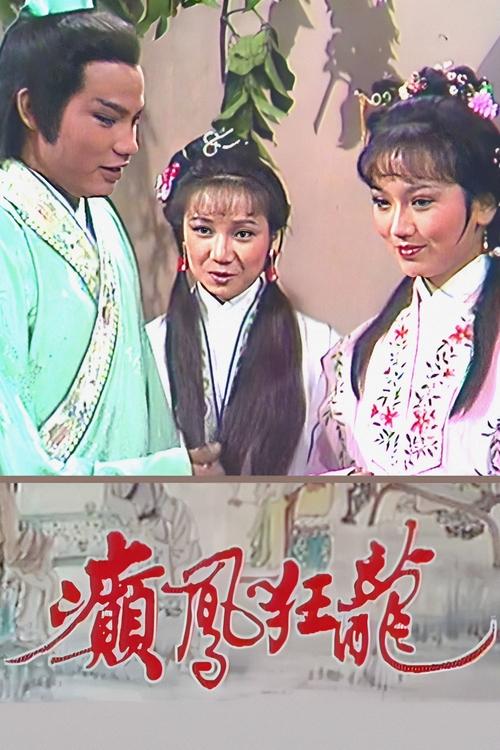 0
0Three Stooges Go Undercover
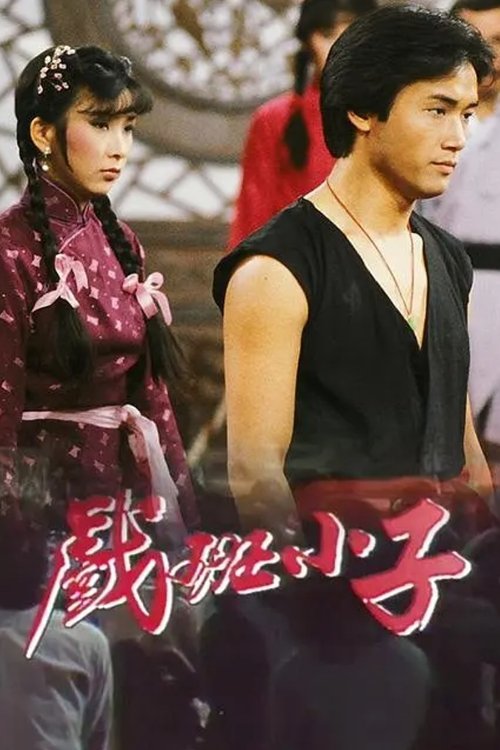 0
0The Understudy
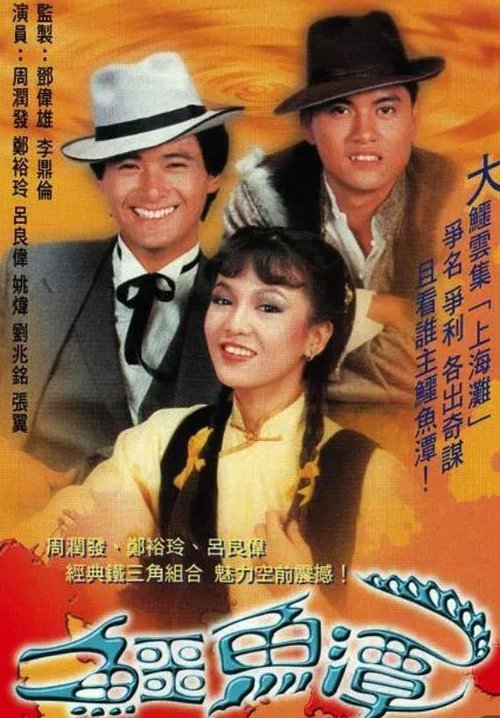 0
0Good Old Times
 0
0Brothers Four
The series revolves around the four Lin brothers, Lin Shangfu, Lin Shanggui, Lin Shangrong and Lin Shanghua. Shangfu, who works as a car salesman, narrowly avoids being laid off and begins a relationship with TV star Xia Chuqiao. Shanghua, a lounge singer, falls in love with a fellow music enthusiast, Sun Yide, but their relationship becomes complicated due to feelings between Shangfu and Yide. The Lin brothers also face multiple attacks from an unscrupulous artist agent, Lei Litao, but manage to overcome his schemes.
 0
0The Legend of Wonder Lady
 0
0No One is Innocent
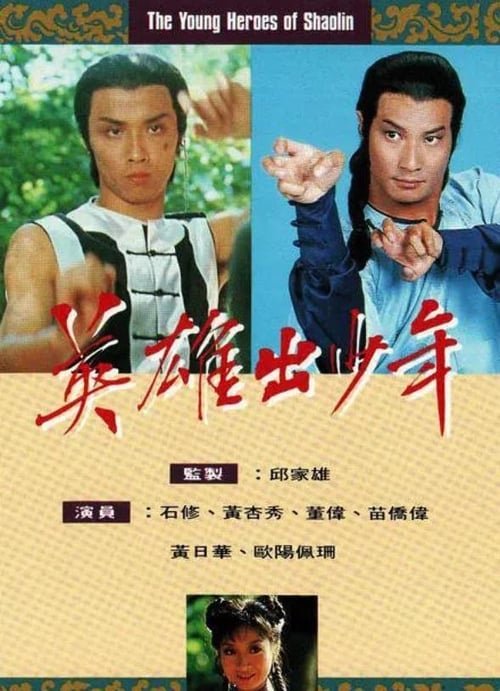 0
0The Young Heroes Of Shaolin
 0
0Jade Solid Gold
Jade Solid Gold is a music show on the TVB Jade television channel. It has been running since October 10, 1981.
 0
0Hero's Blood Road
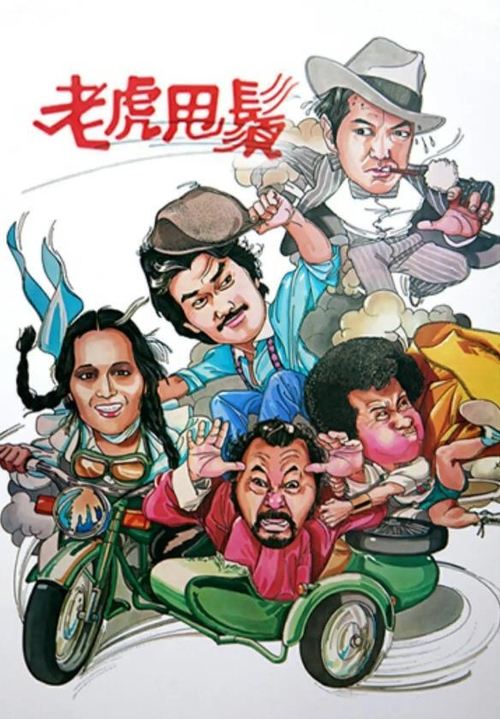 0
0The Wheeler Dealer
 0
0Three Legged Race
 0
0Summer Of '61
Xing Feng is a top model with a passionate and carefree personality. She is only interested in Man Shi Hua, a man who matches her well and is a social celebrity. However, after a fight, Xing Feng meets Ye Jia Cheng, a design student and amateur photographer. They fall in love but their relationship is destroyed by Xing Feng's mother. Later, Man Shi Hua misunderstands Xing Feng's relationship with Ye Jia Cheng and seeks revenge. He distances himself from Xing Feng, leaving her heartbroken. Xing Feng moves in with Ye Jia Cheng and they become a couple. However, when the police investigate a case involving Man Shi Hua, he frames Ye Jia Cheng for it. Xing Feng confronts Man Shi Hua and agrees to spend the night with him in exchange for him dropping the charges against her boyfriend.
 0
0The Hawk
The Ding family has been in the business of catching criminals for generations, and their descendants are honored as "Flying Eagles". A mysterious person hires Ding Lan to investigate the whereabouts of the remnants of the "Baiyue Sect" at a high price. While investigating, Lan falls into his mother's scheme and is arranged to marry wealthy young lady Ni Tian'er. Unexpectedly, Lan disappears without a trace, which makes Tian'er furious and determined to seek revenge. Lan meets Zhao Ling and his father Zhao Hongyi, who is known as the "Sage of Martial Arts", at the Zhejian Mountain Villa. Lan respects him, but accidentally discovers that his wife Shui Ru is the mastermind behind the "Four Evils" gang. The mysterious person who entrusts him with the case is Wei Jinglun, the manager of the villa. Lan meets the beautiful courtesan Susu and pursues her passionately, only to find out later that she is actually Tian'er. On the day when Lan and Tian'er get married again...
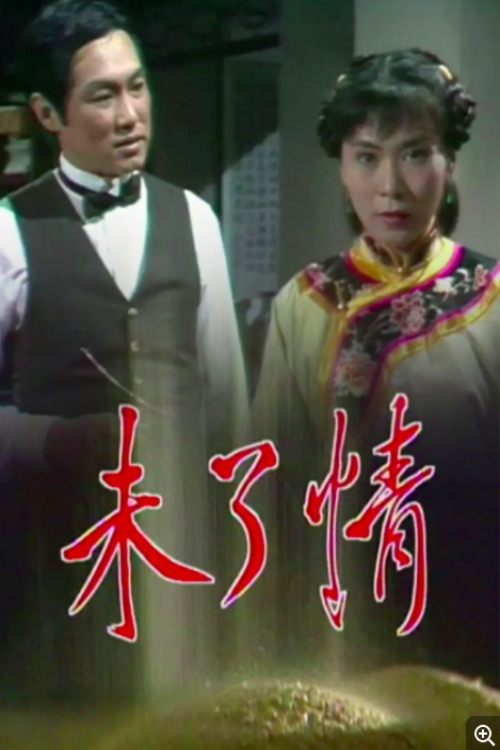 0
0An Ending To Remember
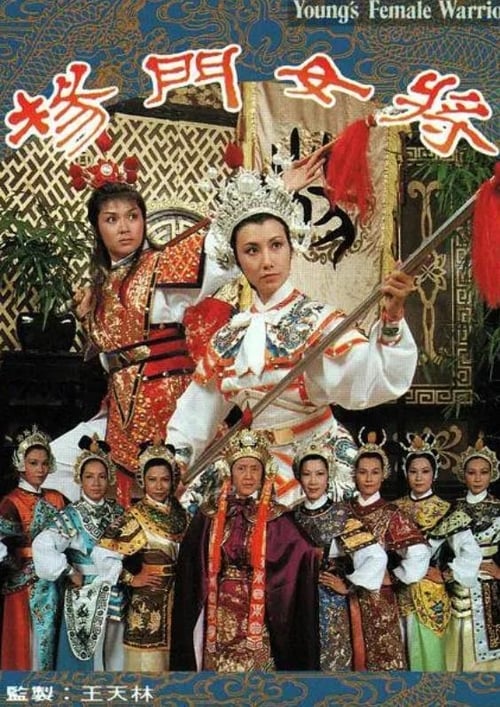 0
0Young's Female Warrior
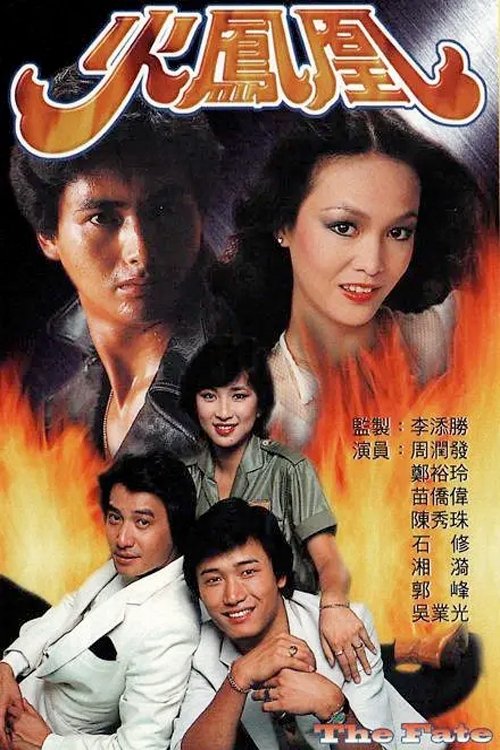 0
0The Fate
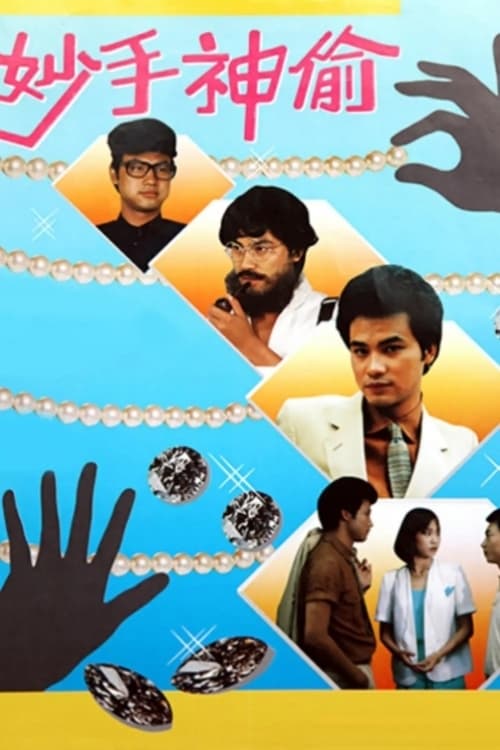 0
0The Three Musketeers
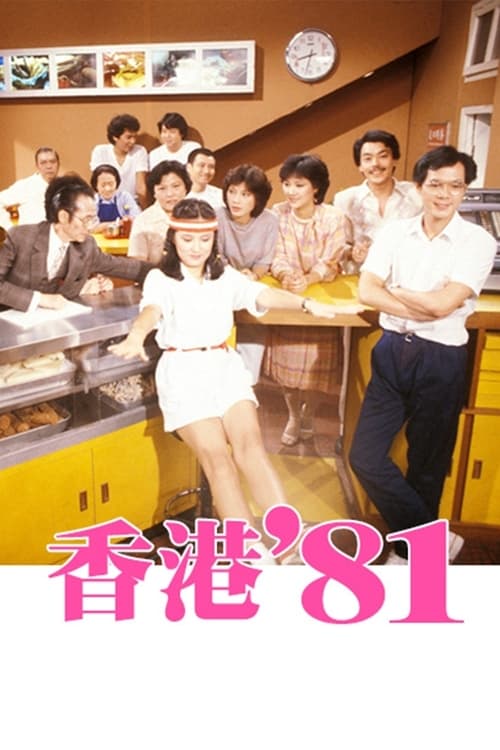 0
0HK 80's
This sitcom series premiered in 1981 and changed its name every year, from "Hong Kong 81" to "Hong Kong 86." It was eventually replaced by a new sitcom called "City Stories." A total of 1330 episodes were produced, making it the second-longest-running series in Hong Kong, after "Come Home Love: Lo and Behold". Each episode of this series is inspired by current social issues, with early storylines often satirizing society's flaws. The characters, such as "Chen Ji," "Mrs. Shun," "Uncle Mao," "Jue Wu Yin," "Miss Su," "A Wei," and "Ah Kang," mostly hail from the grassroots, leaving a lasting impression on the audience. For example, "Mrs. Shun," portrayed by Lydia Shum, later became a term to describe uneducated women who follow trends blindly. "Chen Ji," played by Lawrence Ng, is a stockbroker who loves to show off his wealth, and his behavior typified that of many Hong Kongers, becoming a byword for the city's nouveau riche.
 0
0My Little Darling
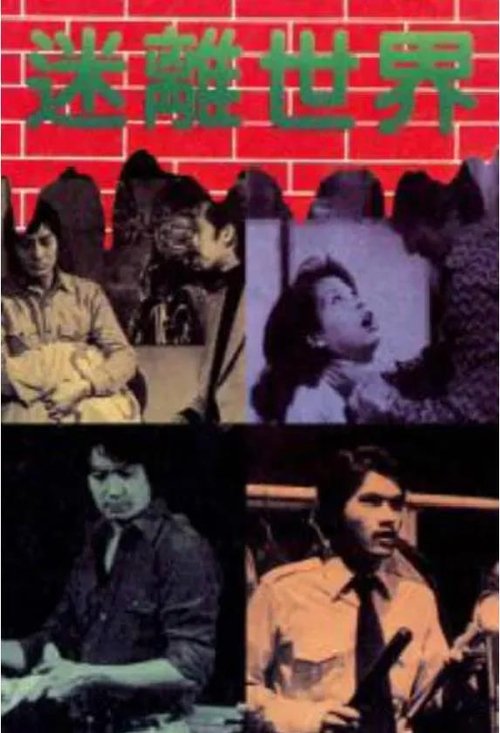 0
0